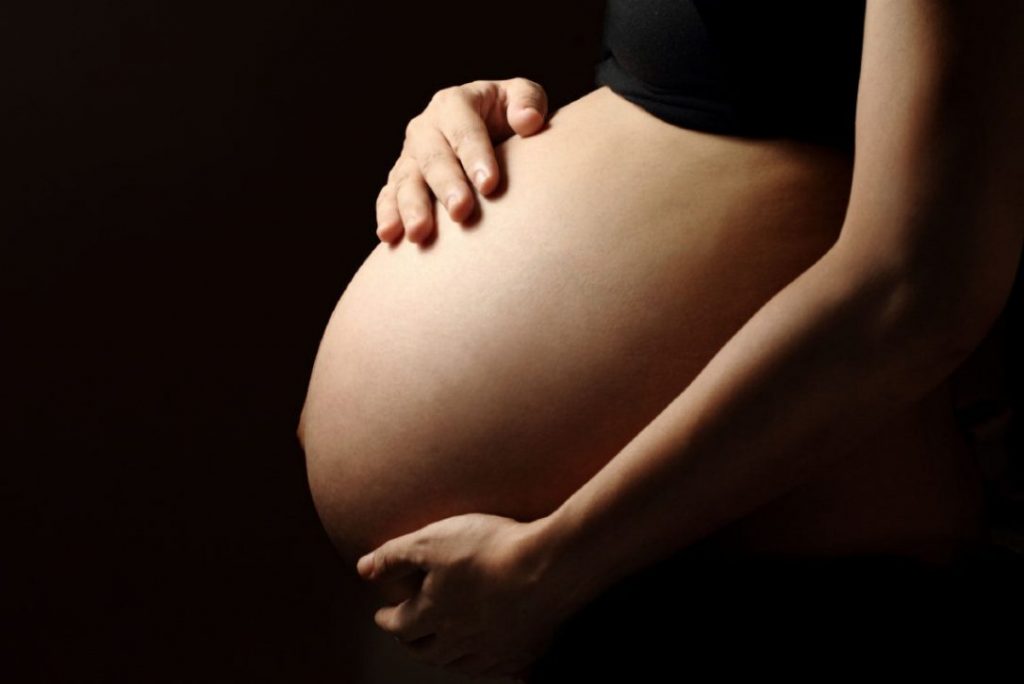The National Convening on Sexual Reproductive Health Rights was organised by TAWLA on October 13, 2016 to provide a platform for open discussion of the sensitive subject of unsafe abortion in Tanzania.

More than 120 people participated, including MPs, government officials from Ministry of Constitutional and Legal Affairs, Ministry of Health, and local government, judges, lawyers, medical practitioners, teachers, gender equity advocates, including myself, youth representatives and other CSOs, development partners and the media.
Induced abortion is the termination of pregnancy before 28 weeks. Unsafe abortion is performed by unskilled persons or in unapproved premises or both. The tragedy is that appropriate medication is widely available in Tanzania to safely terminate pregnancy in the early stages, but information is not widely available. As the facts show, restrictions on safe abortions have not stopped abortion – they have driven it underground and made it unsafe.
The situation: Tanzania has one of the highest maternal mortality ratios in the world (410 per 100,000 live births); 16 to 30 per cent of maternal deaths are due to complications from unsafe abortions.
Each year, 405,000 Tanzanian women have abortions, mostly hidden. Forty per cent result in complications that require medical treatment and a large portion are adolescents 15-19 years old. Unsafe abortions account for one-third of hospitalisations for complications related to pregnancy, an indication of the costs involved.
The most contentious fact to me is that 60 per cent of Tanzanian women with abortion complications do not receive needed medical care. They are often denied their right to medical services because of stigma and outright discrimination.
Many women cannot afford to provide for another child, especially without strong public social welfare systems. Poor girls from less advantaged families are more likely to seek unsafe abortions because they lack family and financial support to do otherwise.
Many girls are driven to unsafe abortion because they fear stigma and punishment from family, peers, school and community for becoming pregnant outside of marriage. The present government policy of mandatory pregnancy tests of schoolgirls and automatic expulsion will surely worsen the situation. Too often girls have been raped by family members or close family friends, or their teachers, but lack family and community support.

